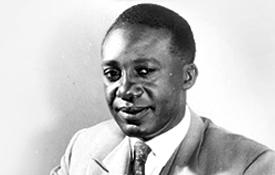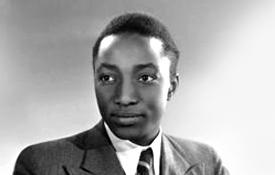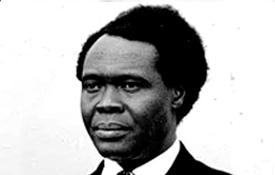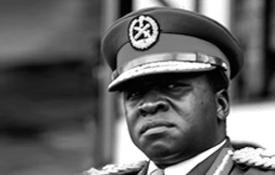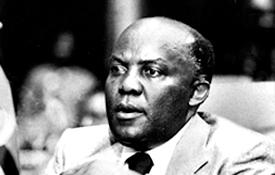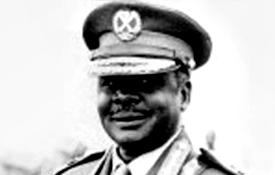Yusuf Kironde Lule holds a record among all the eight Presidents of Uganda. He served he shortest time of just 68 days or two months and eight days.
Lule was born to Abdullah Kironde of Mpigi district in January 1912. His father sent him to a local primary school in Mpigi before joining the prestigious King’s College Budo and later Makerere College to study education, with a specialty in Sociology. Lule was a very intelligent learner. He graduated top of his class and became a lecturer in the department of Education at Makerere College.
Lule later got several scholarships to study at Fort Hare University, in South Africa and the UK before coming back to Uganda to continue working as a lecturer at Makerere University. It was soon after his return from studies that he was named the first black principal in 1964.
In 1970, Obote removed him as Makerere University vice-chancellor and replaced him with Prof. Frank Kalimuzo. Lule went back to the civil service after leaving Makerere. When Obote was overthrown and pertaining to existing killings, Lule fled to exile just like many other Ugandans. He settled and worked in the UK, but kept in touch with fighting Amin.
To most observers, Lule played a mere side role in the fight against Idi Amin. Because of this, they thought that there was no way he could have become President. However, it was believed that most of the politicians, who came to attend the ‘famous’ Moshi Conference after the overthrow of Idi Amin, saw Lule as the cleanest of them all. He in fact had not even come for the meeting. He was then hastily invited for the conference and subsequently, he was named the President.
A ministerial system of administration was adopted and a quasi-parliament – the National Consultative Commission (NCC) was created. The NCC and the Lule cabinet reflected widely differing political views.
Having virtually ‘boarded’ the liberation train at its tail end made Lule merely a puppet of various other forces. Unfortunately, Lule did not even know he had very limited powers. The real power lay in the hands of Nyerere and Paulo Muwanga, who was preparing the return of Dr. Milton Obote, and the UNLF cohorts. So, in trying to assert his authority as president, little did Lule know he was committing a grave mistake.
His plans to reform recruitment into the armed forces; was seen as undermining the army. It was also viewed as a threat to the dominance of the so-called traditional areas for army recruits such as Acholi and Lango. Lule’s proposal to disband the National Liberation Army to replace it with a newly-created National Army was viewed as a malicious move to sideline those who formed the bulk of the liberation force-including Generals like David Oyite Ojok.
On June 20, 1979, the NCC staged a coup, removing Lule as president for allegedly making wide ranging appointments in government without consulting them. Subsequently, Godfrey Binaisa was named as his successor.
Out of office, Lule went to exile in Tanzania, where he was put under house arrest by Nyerere. He suffered ill health and his doctor pleaded with Nyerere to have him released for treatment.
He was allowed to travel to the UK for treatment. But on improvement, he formed the Uganda Freedom Fighters (UFF) that later merged with Yoweri Museveni’s Popular Resistance Army (PRA) in 1981, to form the NRM with Lule as president and Museveni as vice.
In 1984 however, Lule fell ill and died of kidney failure at Hammersmith Hospital in London. Museveni then took over and steered a five-year guerilla war, capturing power on January 26, 1986. Lule was given a state funeral and declared a national hero after the NRA captured power in 1986. Later, one of his sons Wasswa Lule became Member of Parliament for Rubaga North.


